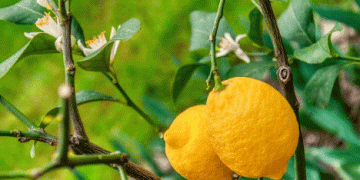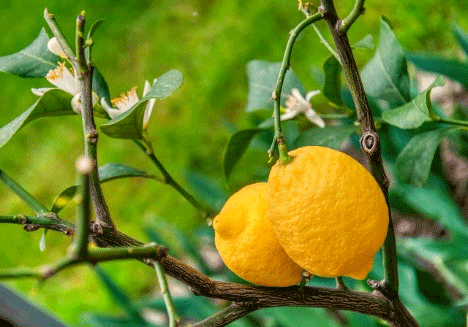The Asociación de Jóvenes Agricultores (ASAJA) of Alicante has expressed grave concerns following the conclusion of the 2023/24 lemon season, describing it as the “worst in history” for profitability. This alarming assessment, reported by FyH.es, has prompted ASAJA Alicante to call for a comprehensive emergency plan from the Ministry of Agriculture to mitigate the crisis affecting lemon growers in the region.
The association’s president, José Vicente Andreu, highlighted that despite a 3% increase in exports compared to the previous season, farmers received 48.5% less for first-class lemons. This dramatic decrease in income has forced many growers to abandon second-class lemons entirely. Andreu emphasized that the discrepancy in earnings suggests that significant profits are being siphoned off at some point in the lemon value chain, raising the critical question: “Where is the 42.5% difference that we no longer collect each year?”
ASAJA Alicante attributes the current turmoil to “unfair practices” within the lemon value chain, which have severely disadvantaged producers. To address these inequities, the association has proposed a “shock plan” with specific measures aimed at alleviating the impact of the crisis. The proposed plan includes:
- Immediate Financial Support: Direct subsidies or financial aid to compensate farmers for the lost income.
- Market Regulation: Investigating and regulating the lemon value chain to ensure fair pricing practices.
- Export Incentives: Encouraging and facilitating increased exports to balance domestic market oversupply.
- Research and Development: Investing in R&D to improve lemon yield quality and reduce production costs.
The urgency of the situation is underscored by the fact that lemon production accounts for 50% of Alicante’s agricultural income. The financial strain on lemon growers not only threatens their livelihood but also the broader agricultural economy of the province. Without swift and decisive action, there is a risk of widespread abandonment of lemon cultivation, which would have devastating long-term consequences for the region.
In recent years, global lemon markets have experienced fluctuations due to varying climatic conditions and shifting demand patterns. According to the Food and Agriculture Organization (FAO), global lemon production reached approximately 20 million metric tons in 2023, with Spain being one of the leading producers. However, the profitability for Spanish farmers has been increasingly compromised by rising production costs and unfair trade practices.
ASAJA Alicante’s call for an emergency plan highlights the critical need for intervention to stabilize the lemon sector in Alicante. Addressing the root causes of the current crisis and ensuring fair treatment for producers are essential steps toward safeguarding the future of lemon cultivation in the region.































